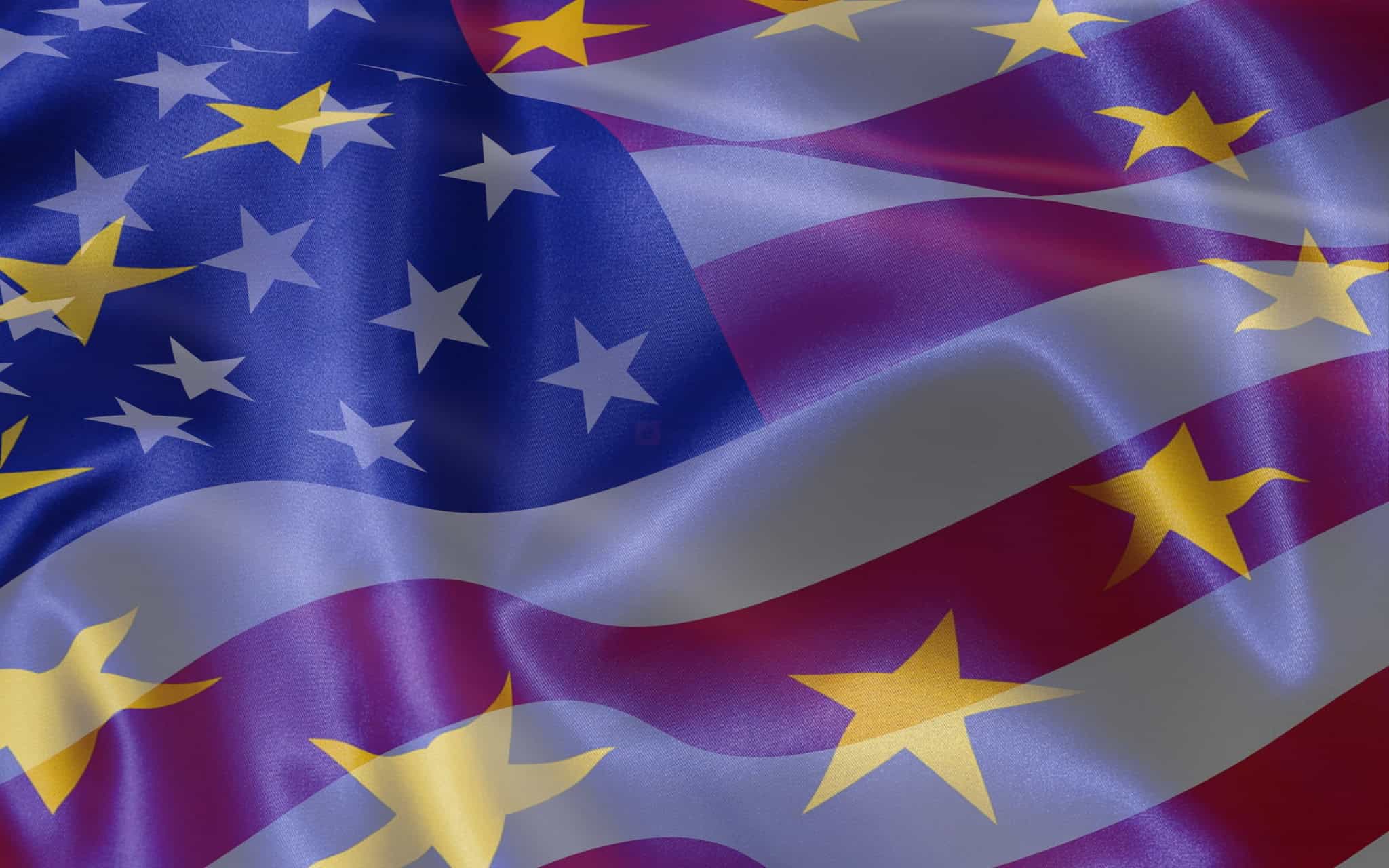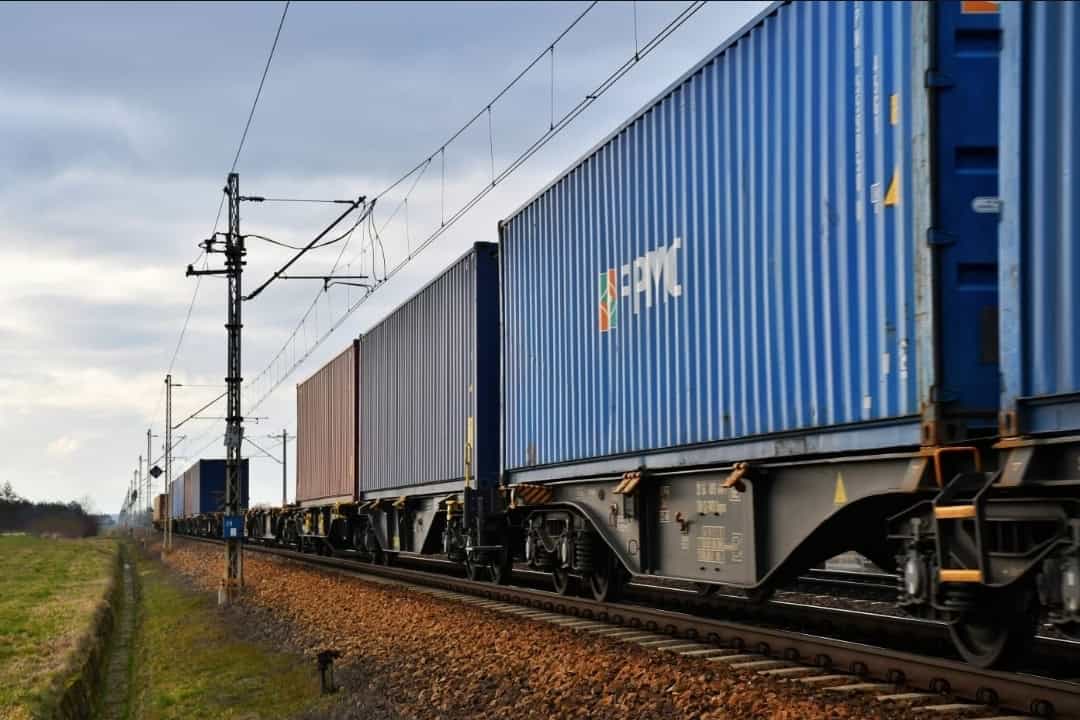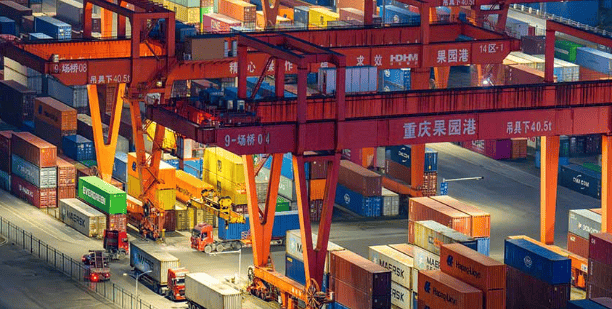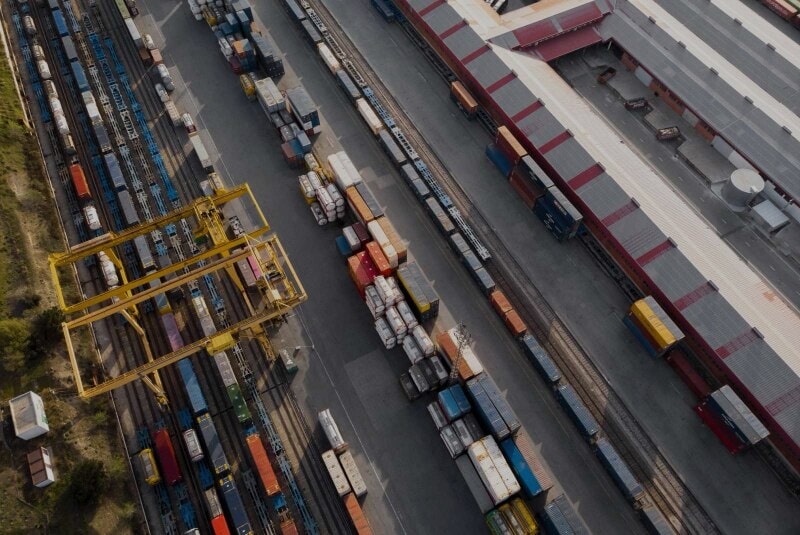On April 2, 2025, Donald Trump signed an executive order imposing “reciprocal tariffs” of at least 10% on imported goods, with a 20% rate specifically for the European Union. During his speech, Trump described the changes as monumental and historic, claiming they were a response to decades of “plundering” by other nations.
The order establishes a baseline 10% tariff on goods from around the world, along with additional, country-specific tariffs for nations with which the U.S. has significant trade deficits or that Trump considers to have the highest barriers to U.S. imports.
The tariffs are as follows:
- European Union: 20%
- China: 34%, in addition to a previously announced 20%, totaling 54%
- Japan: 24%
- India: 26%
- South Korea: 25%
- United Kingdom: 10%
- Israel: 17%
- Vietnam: 46%
- Bangladesh: 37%
- Thailand: 36%
- Taiwan: 32%
For China, Trump also eliminated the so-called de minimis exception, which previously allowed duty-free imports of goods valued at up to $800. This exemption had been a key factor in the operations of Chinese e-commerce platforms such as Temu and Shein.
However, Mexico and Canada will not face additional tariffs. Products from these countries will either remain duty-free under the USMCA trade agreement (covering about half of the trade) or be subject to a 25% tariff for the rest. Notably, Russia is absent from the White House’s list, as its exports to the U.S. remain minimal due to existing embargoes.
The universal 10% tariff is set to take effect on April 5, 2025, while the country-specific tariffs will be implemented on April 9, 2025.



